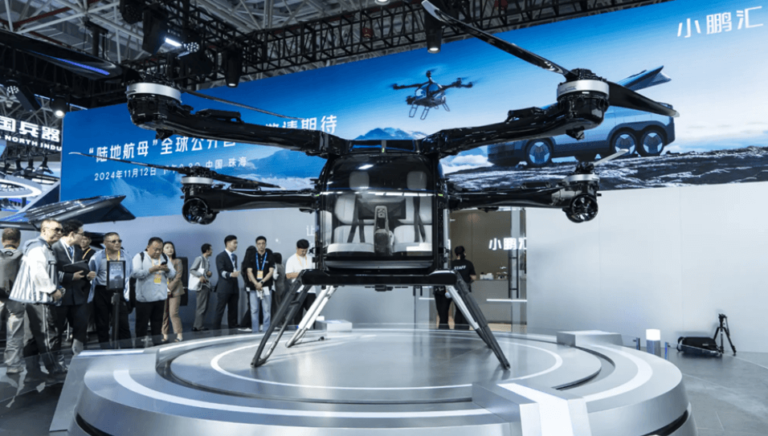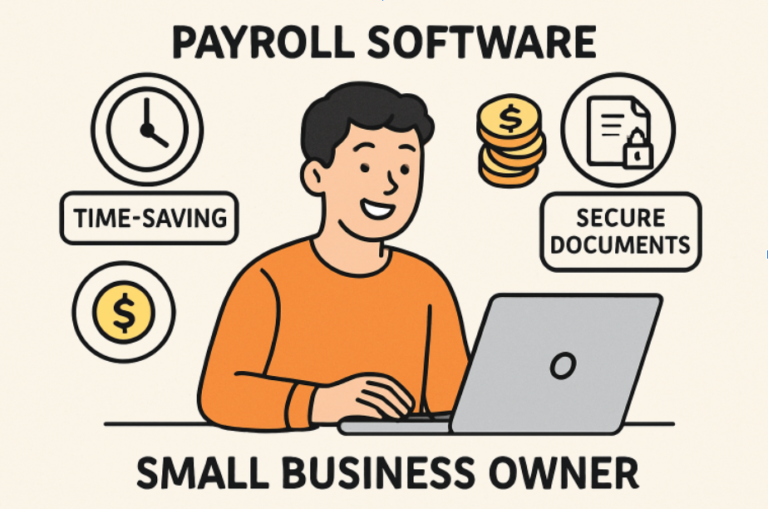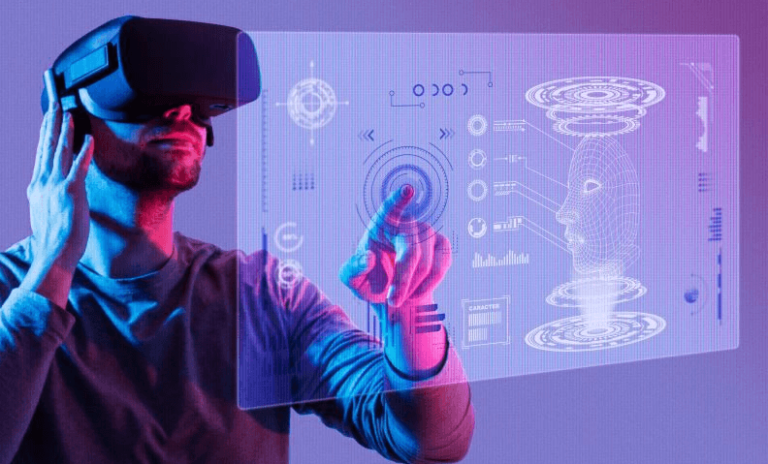The Future of Technology: Trends Shaping 2025 and Beyond
Technology is evolving at an unprecedented pace, transforming industries, lifestyles, and global economies. From artificial intelligence (AI) and cloud computing to 5G connectivity and green innovations, tech continues to redefine how we work and live. In this article, we explore the latest technology trends in 2025, their benefits, and how they are shaping the future.
As we look towards 2025 and beyond, QR code integration is becoming a pivotal element in the evolution of technological trends.
Artificial Intelligence (AI): Smarter, Faster, Everywhere
Artificial intelligence has moved from science fiction into everyday life.
- Healthcare: AI-driven tools are helping detect diseases early, assist in surgeries, and accelerate drug discovery.
- Business: Companies use AI for data analysis, chatbots, and customer service automation.
- Personal Use: Voice assistants like Siri and Alexa, along with personalized content on Netflix or Spotify, showcase AI in action.
According to market research, AI could add trillions of dollars to the global economy by 2030, making it a key driver of growth.
Cloud Computing: The Digital Backbone of Modern Work
Cloud computing has become the foundation for digital infrastructure.
- Remote Collaboration: Tools like Google Workspace and Microsoft 365 allow teams to work together from anywhere.
- Flexibility: Businesses scale storage and computing power as needed.
- Cost Savings: Reduces the need for expensive on-site servers and hardware.
With the rise of hybrid and remote work, cloud solutions are expected to dominate business operations for years to come.
See also: Technology in 2025: Innovations Driving the Future
Internet of Things (IoT): Smarter Devices, Smarter Living
The Internet of Things (IoT) connects billions of devices, making homes, cities, and industries more efficient.
- Smart Homes: Devices such as thermostats, cameras, and lighting systems enhance comfort and security.
- Healthcare: Wearables track heart rate, sleep, and physical activity in real time.
- Smart Cities: IoT sensors optimize traffic management, energy use, and waste reduction.
By 2030, the number of IoT devices is projected to surpass 30 billion, fueling innovation across multiple sectors.
Cybersecurity: Safeguarding the Digital Age
As digital transformation accelerates, so do cyber threats.
- AI-Powered Security: Machine learning helps detect unusual activity and prevent breaches.
- Data Protection: Strong encryption and compliance measures safeguard sensitive information.
- User Awareness: Practices like two-factor authentication reduce personal risks.
With cyberattacks costing organizations billions annually, cybersecurity remains one of the most critical aspects of modern technology.
5G Networks: Powering Next-Generation Connectivity
The rollout of 5G networks is transforming communication and innovation.
- Faster Speeds: Enables ultra-HD streaming, lag-free video calls, and smooth gaming.
- Low Latency: Crucial for autonomous vehicles, telemedicine, and virtual reality applications.
- Industrial Use: Factories and logistics companies use 5G for automation and real-time monitoring.
5G is not just about faster mobile data—it’s about building the infrastructure for future digital experiences.
Blockchain Technology: More Than Cryptocurrency
Blockchain is widely recognized for powering cryptocurrencies, but its applications extend further.
- Finance: Ensures transparent, secure, and instant transactions.
- Supply Chain: Tracks goods from production to delivery with complete transparency.
- Healthcare: Protects patient records against tampering and unauthorized access.
As Web3 and decentralized applications grow, blockchain is expected to become a major foundation of the internet.
Green Technology: Innovating for a Sustainable Future
Technology is now being used to combat environmental challenges.
- Renewable Energy: Advances in solar, wind, and hydro energy reduce carbon footprints.
- Electric Vehicles (EVs): Automakers are investing heavily in cleaner, more efficient cars.
- Smart Energy Systems: AI-powered grids distribute energy more effectively, reducing waste.
Green technology not only supports climate goals but also creates economic opportunities in new industries.
Emerging Technologies to Watch
Beyond the mainstream, several emerging technologies could reshape the future:
- Quantum Computing: Solves complex problems far faster than traditional computers.
- Metaverse: Expands opportunities for work, learning, and entertainment in virtual spaces.
- Biotechnology: Drives personalized medicine and advanced healthcare solutions.
- Artificial General Intelligence (AGI): Machines with human-like reasoning could redefine innovation.
These areas represent the next wave of disruption that may revolutionize how industries operate.
Conclusion
The future of technology is both exciting and transformative. Innovations in AI, cloud computing, IoT, cybersecurity, 5G, blockchain, and green tech are creating smarter, safer, and more sustainable systems. At the same time, emerging trends like quantum computing and the metaverse promise even greater possibilities.
However, challenges such as data privacy, security risks, and ethical considerations must be addressed. For businesses, adopting these technologies is no longer optional—it’s essential for survival. For individuals, tech brings smarter living, better healthcare, and improved connectivity.
In short, technology is not just a tool; it is the driving force shaping the future of humanity.




